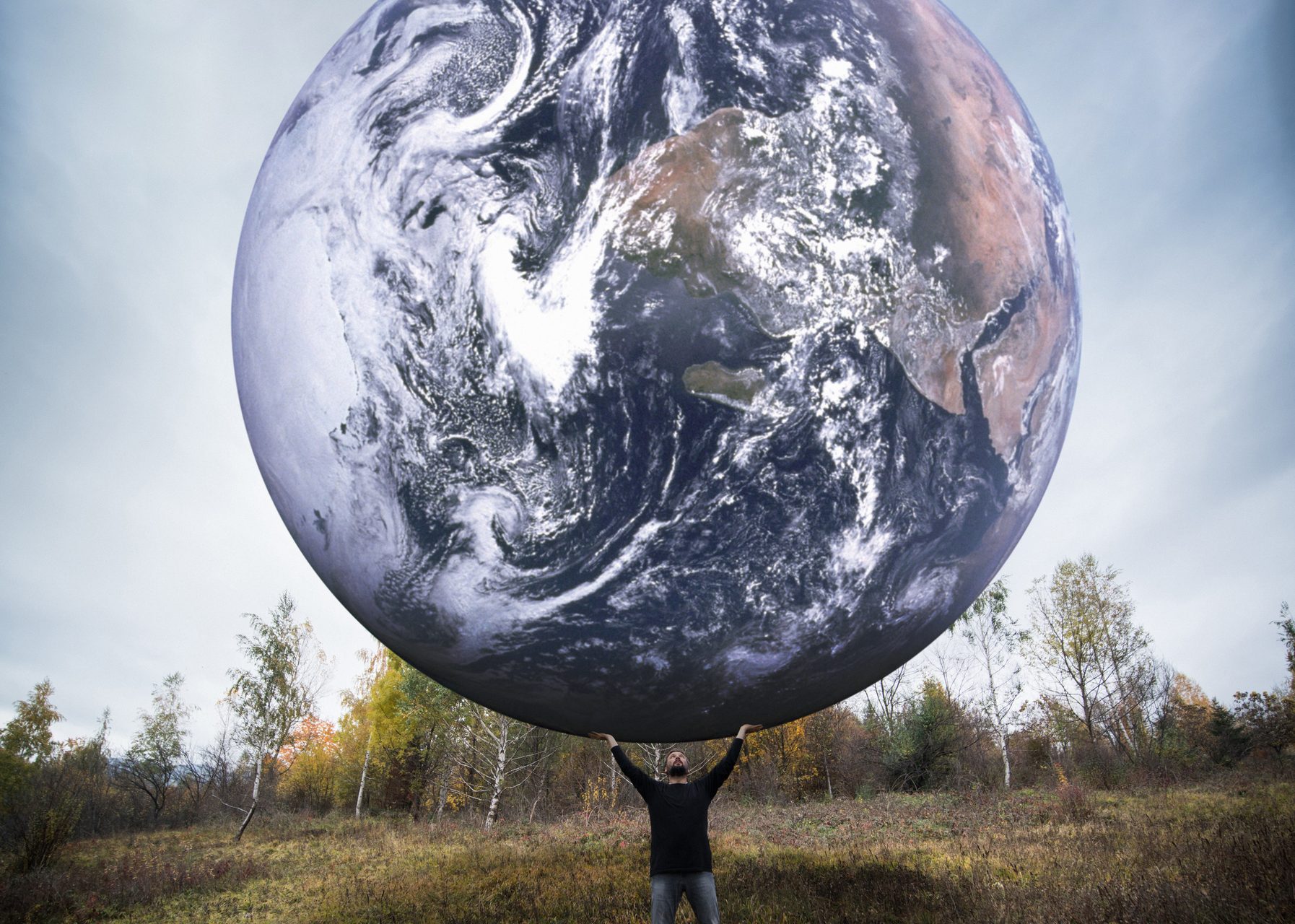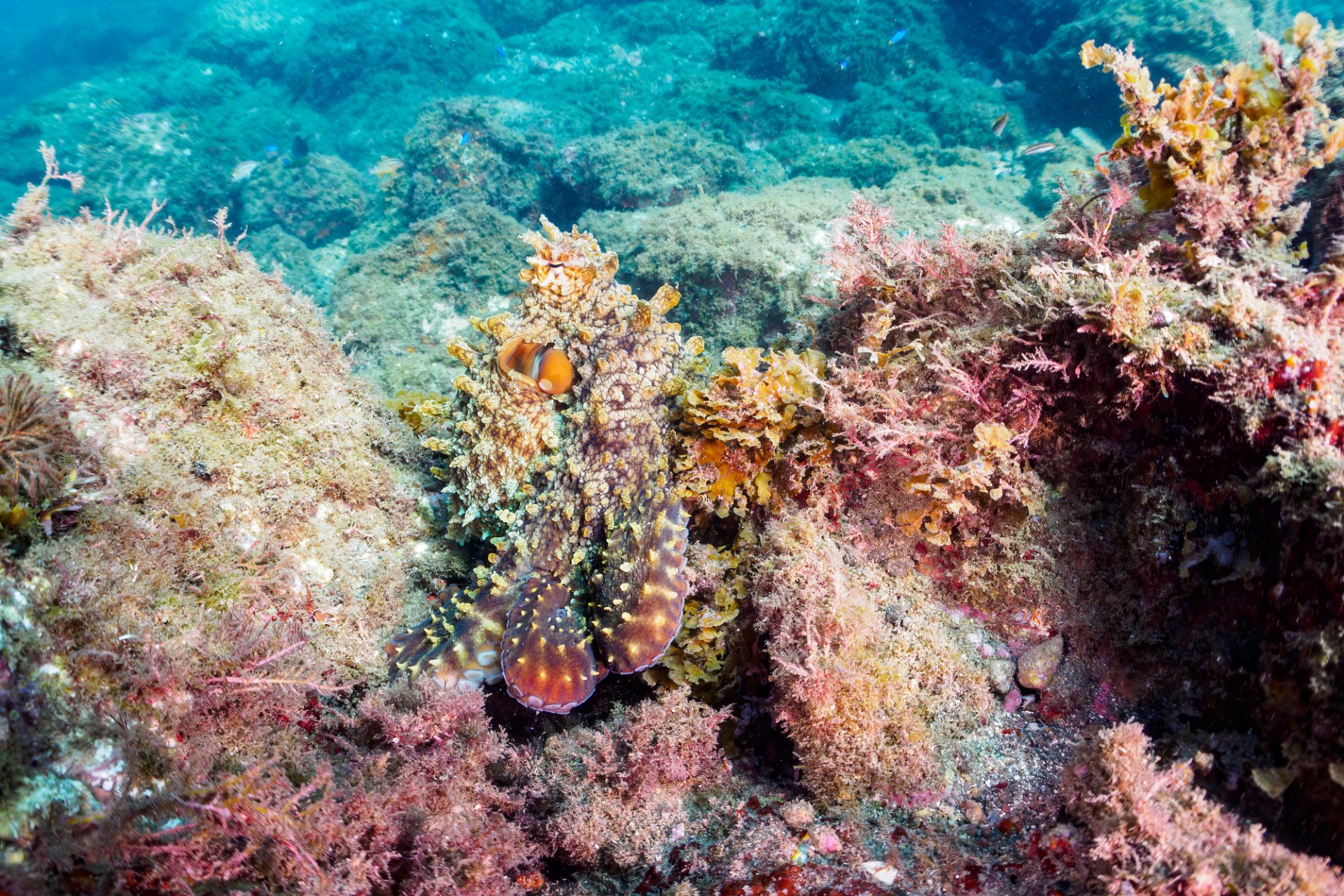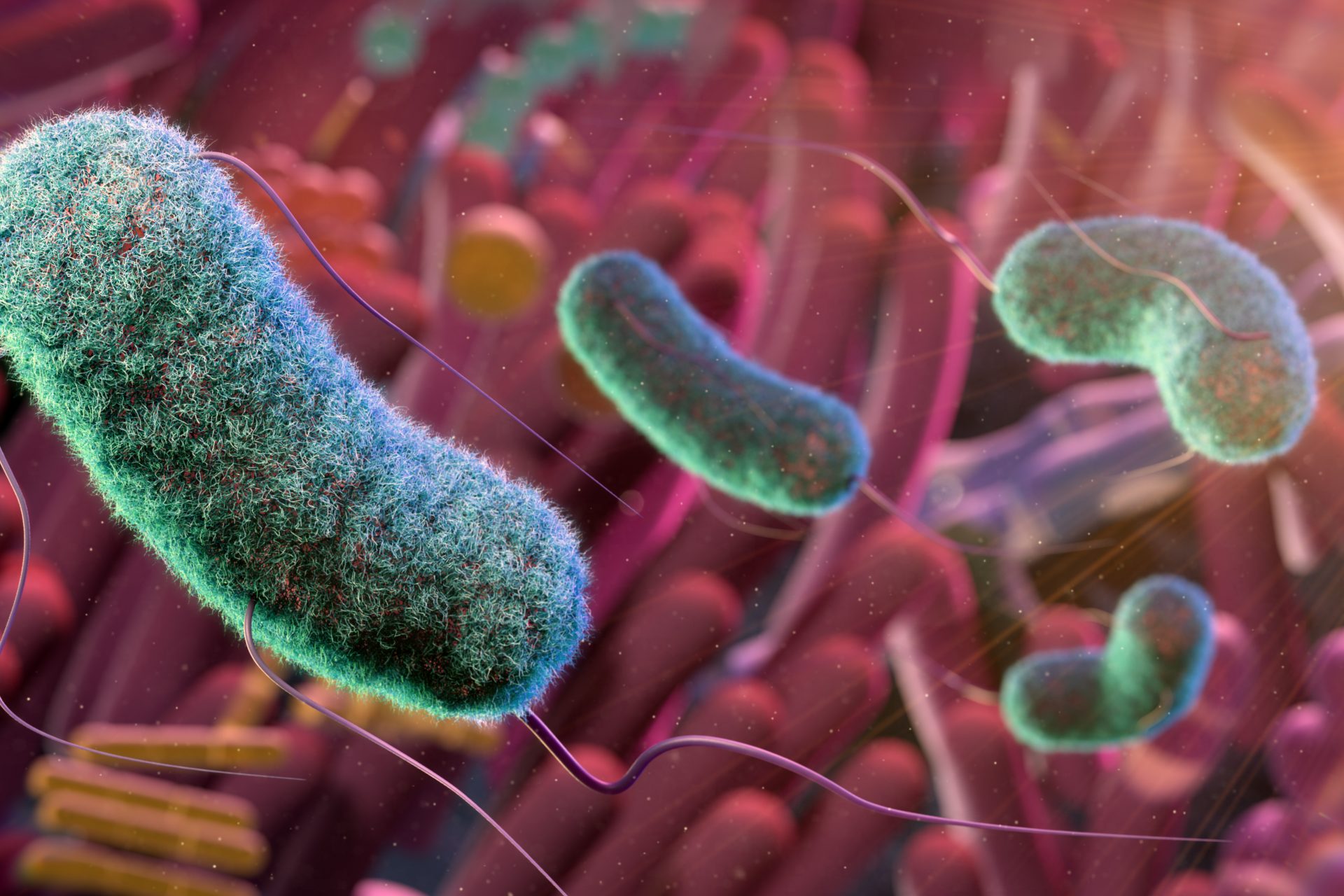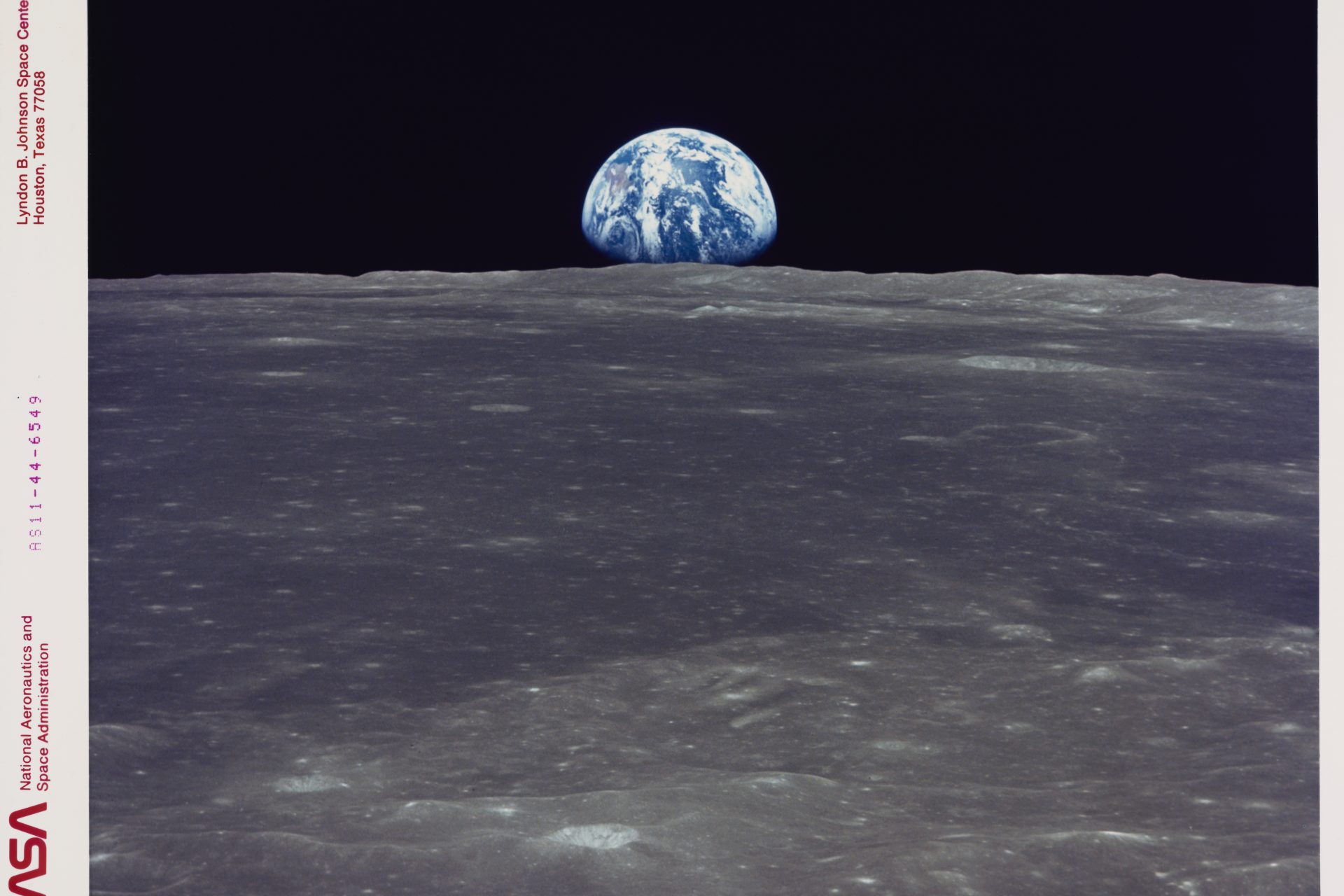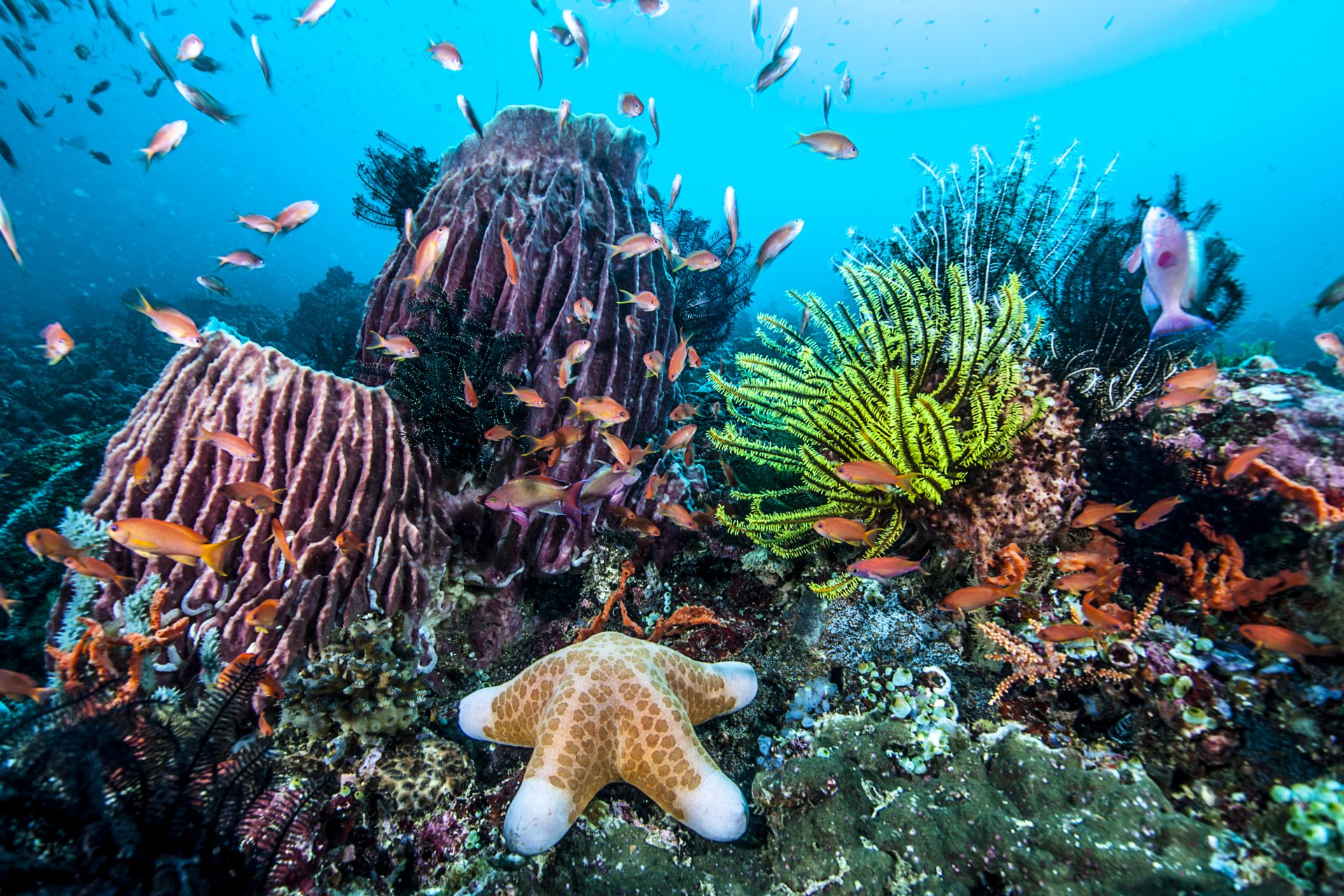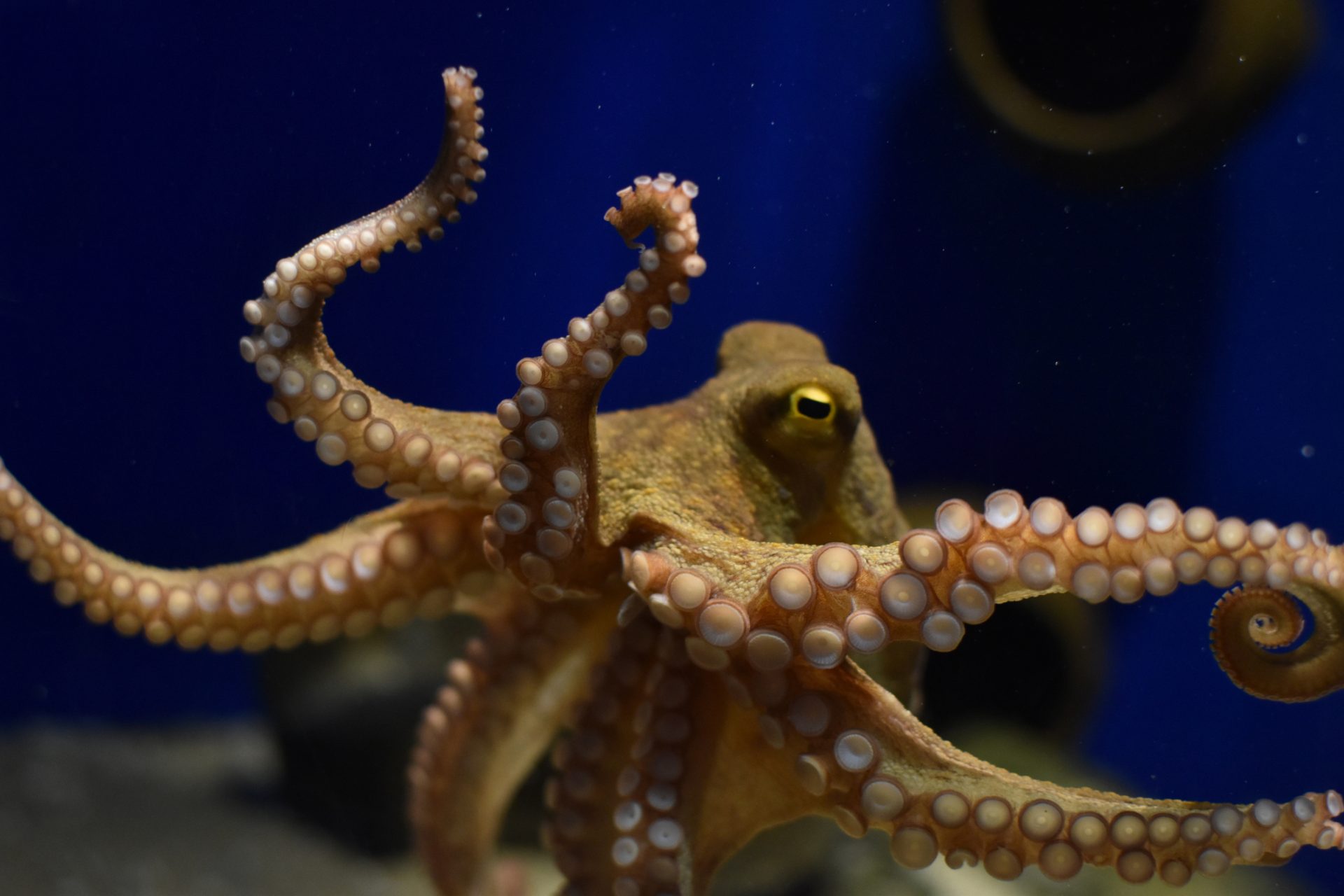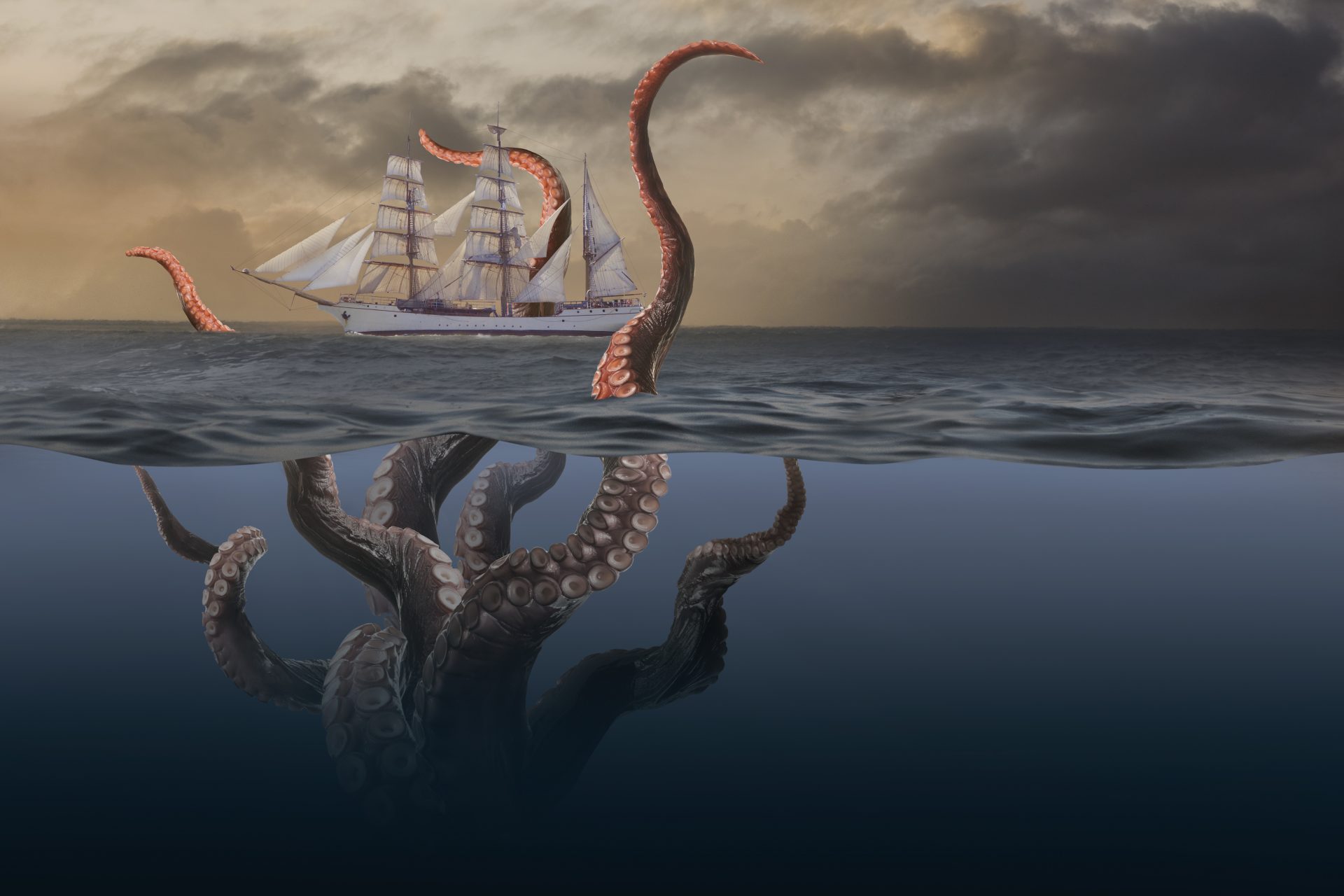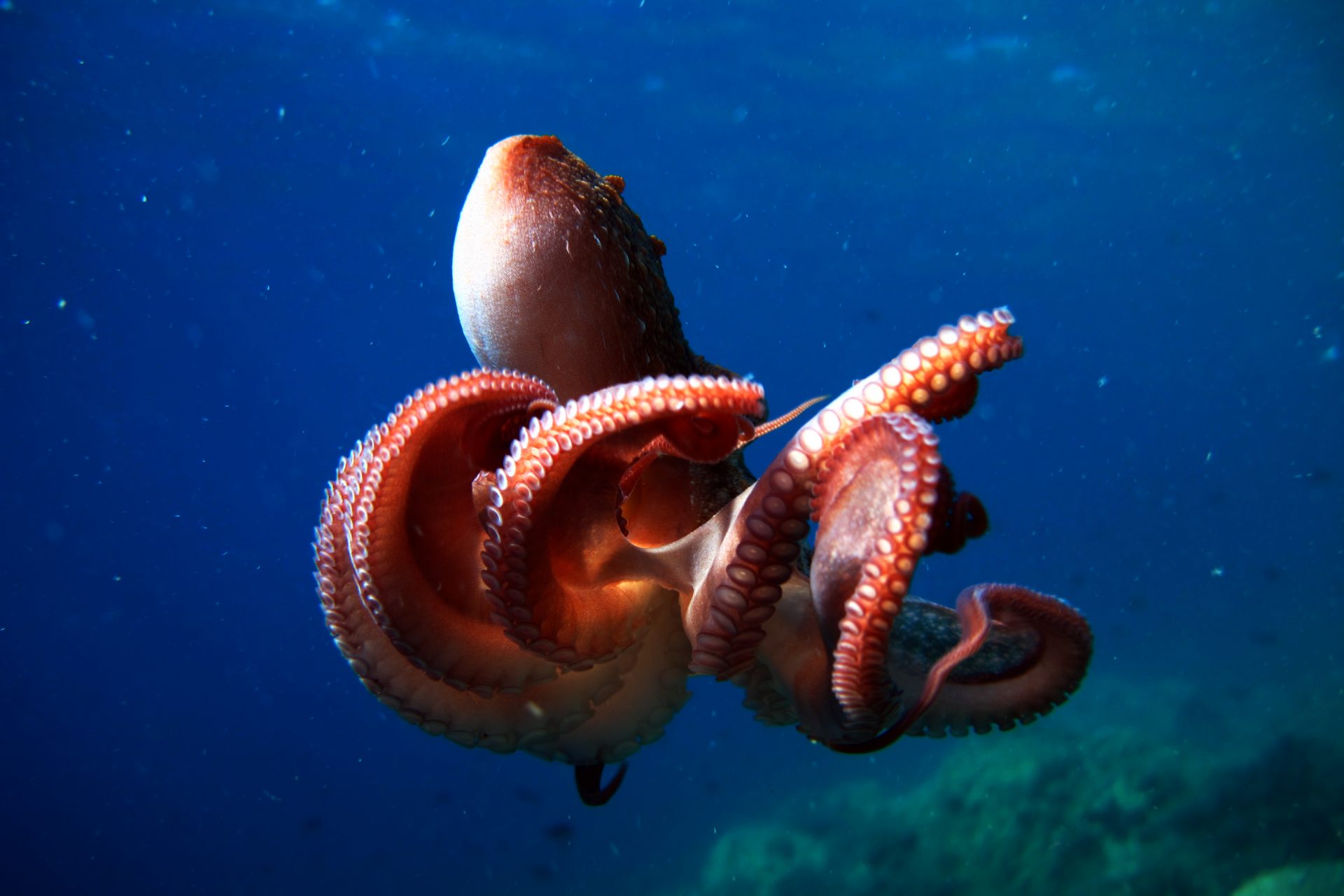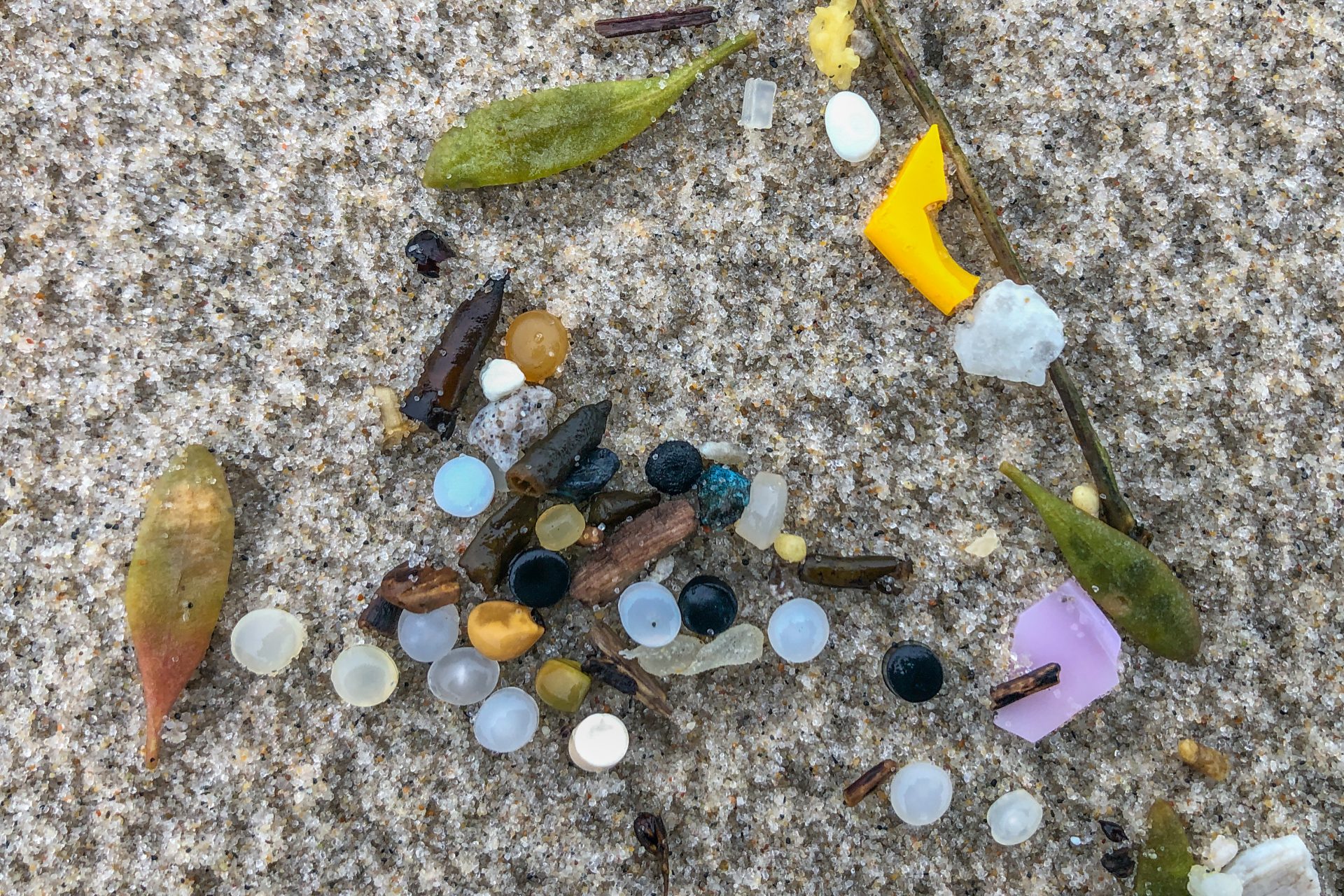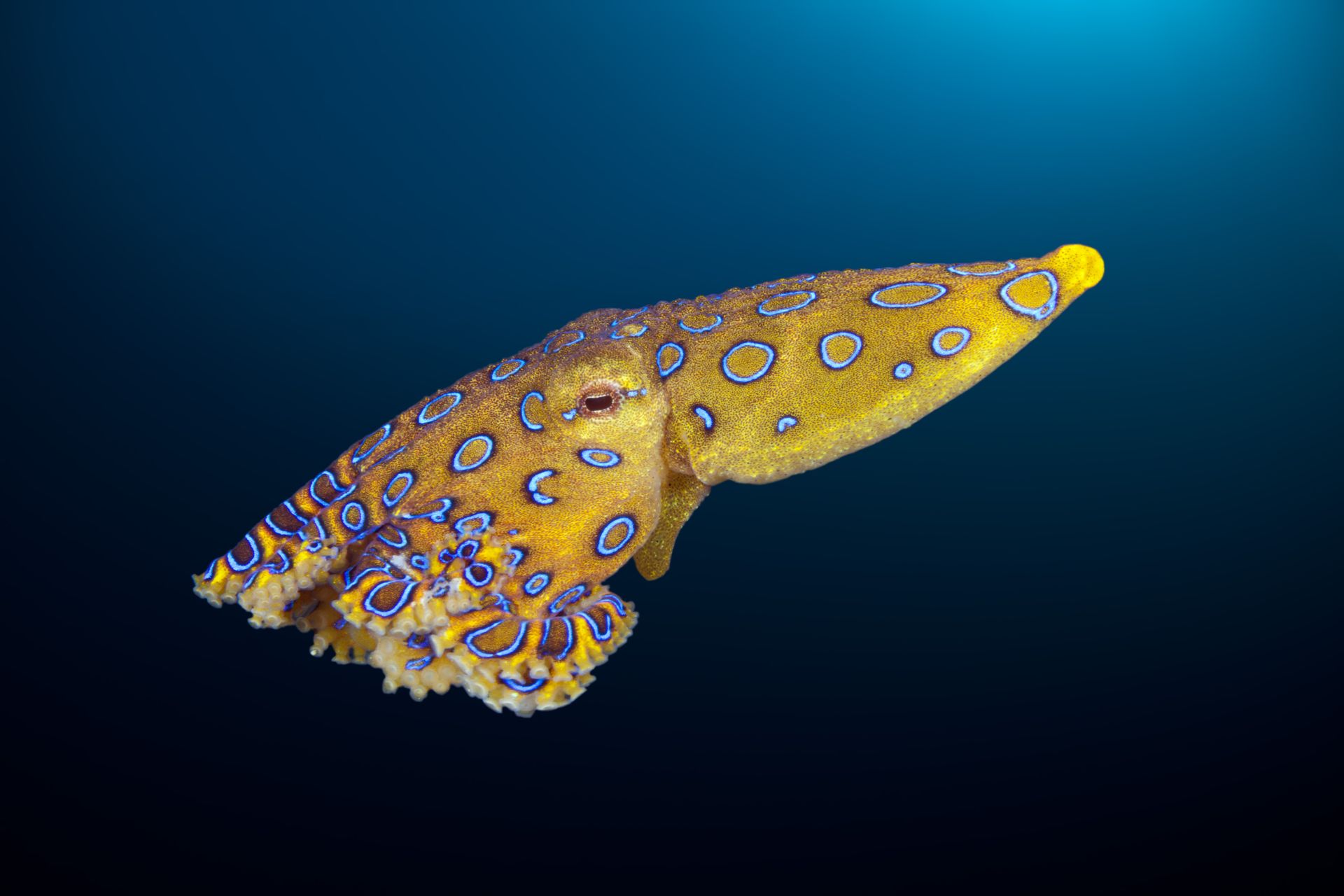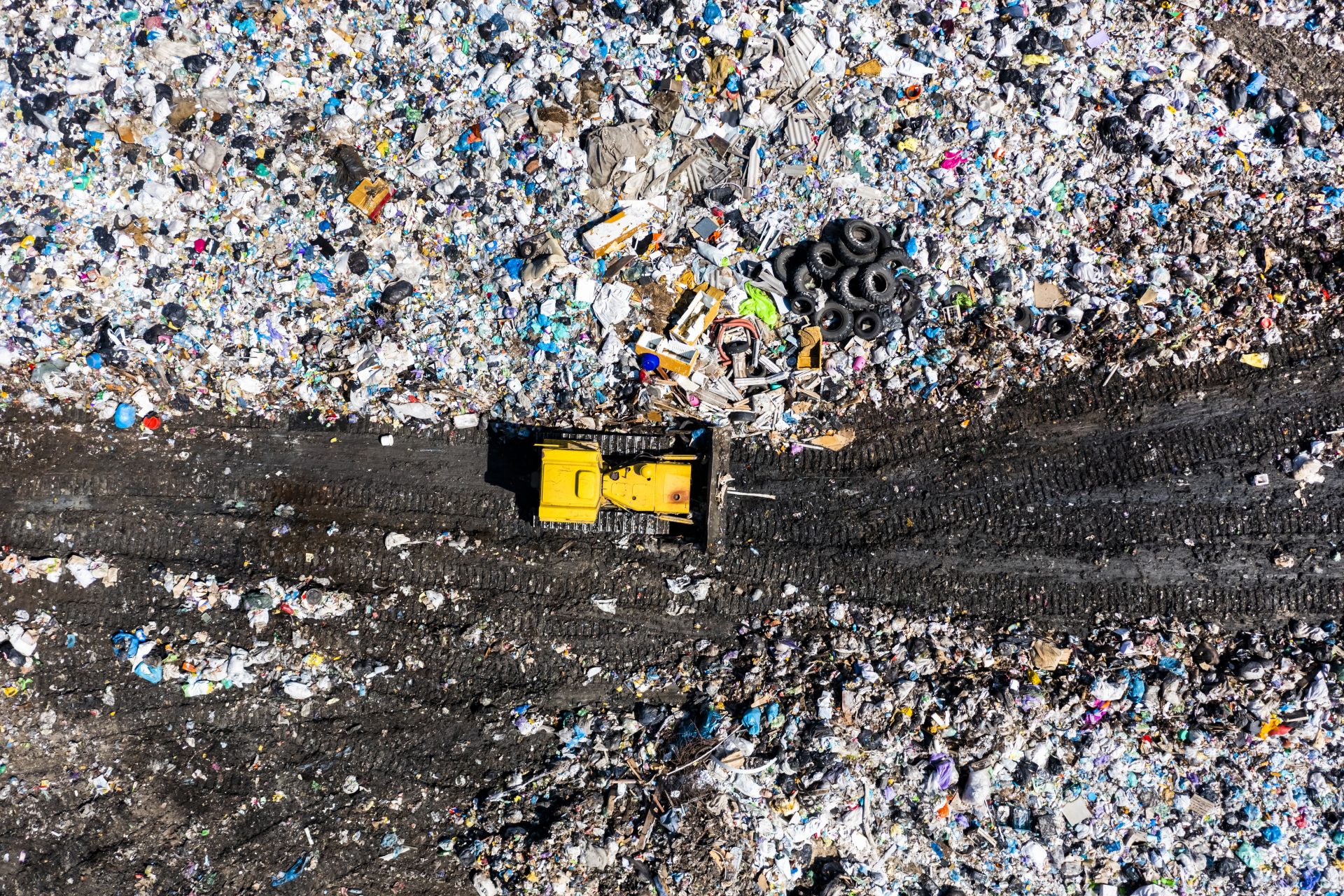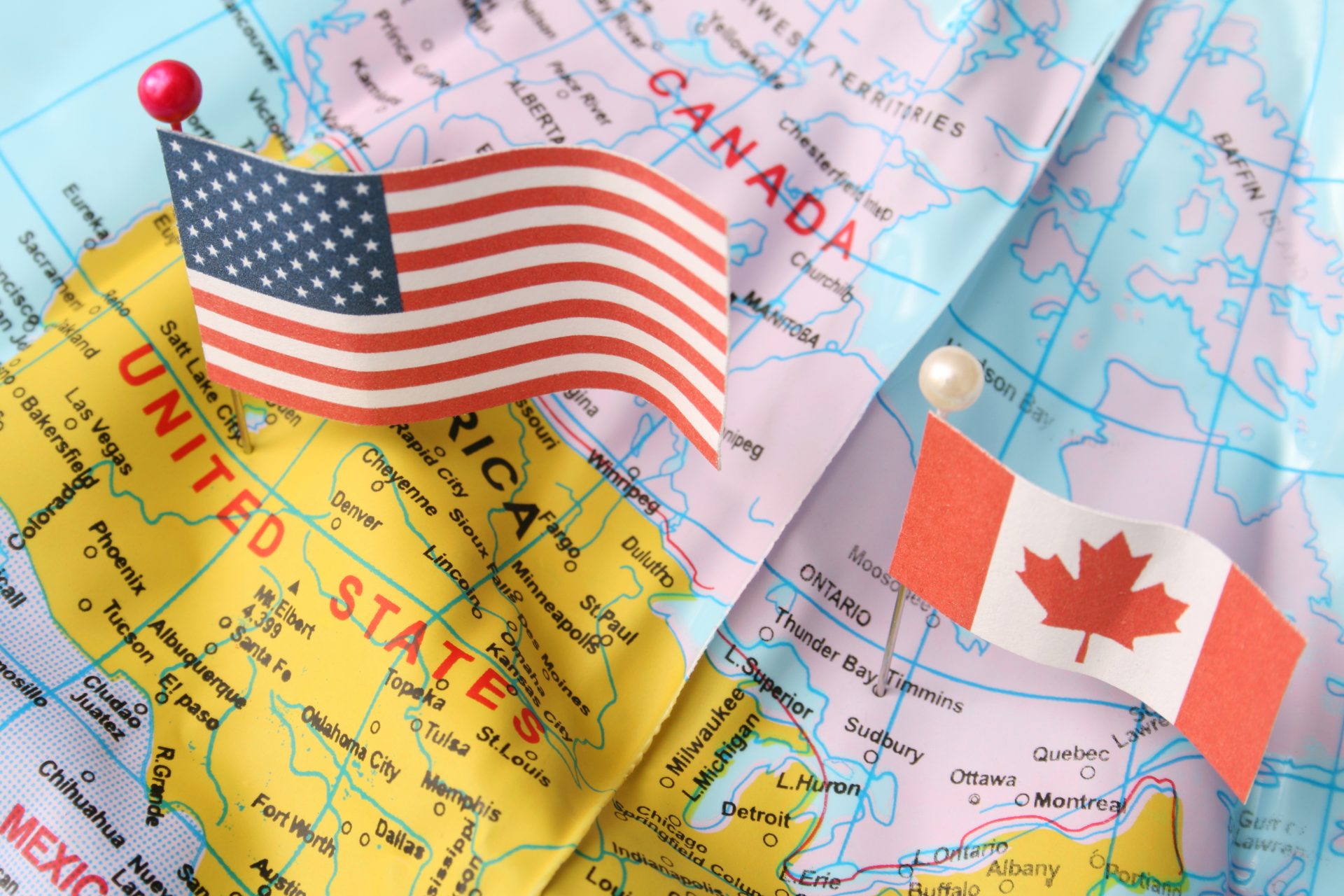This animal would rule the Earth if humans didn't exist
If humans were to become extinct, the Earth would probably see the dominance of a species with great adaptive capacity.
It seems unlikely, but according to Zoology professor Tim Coulson, from the University of Oxford, this new dominant species would be the octopus, as reported by the Daily Mail.
The zoologist explained to the newspaper that marine invertebrates have the “physical and mental attributes necessary” to evolve and become the next species capable of building civilizations.
The professor said that octopuses possess “dexterity, curiosity, ability to communicate with each other, and supreme intelligence” enabling them to create complex tools to build an underwater civilization.
Although the octopus is unlikely to become a land animal, the expert added that it would be intelligent enough to spend time outside the water, developing new hunting methods.
Tim Coulson affirmed that the octopus is capable of breathing out of water for up to 30 minutes. According to the Daily Mail, over millions of years, it has developed its own hunting techniques on land, just like humans do in the sea.
When asked whether primates would not be the most likely candidates to dominate the Earth in the absence of humans, the zoologist explained that these animals would face the same challenges as us, which would also lead to their extinction.
For Kate Jones, an ecologist at University College London, if dominance is analyzed numerically, microbes would be the big winners, reported the BBC.
According to the expert, this is due not only to the quantity, but also to the fact that microbes inhabit all types of environments on Earth, from both poles to the bottom of the sea.
But this does not mean that these tiny beings would have the capability to dominate the Earth, as they are not considered intelligent or skilled
In contrast, octopuses have an advanced neural structure, decentralized nervous system, and an incredible problem-solving ability, making them particularly adaptable to an unpredictable world, Coulson explained.
According to the professor, in a world dominated by mammals, octopuses are an underestimated competitor.
Their ability to adapt to ever-changing environments positions them as a model for the planet's next intelligent species, the Daily Mail reported.
Kate Jones did not say which species would dominate Earth but said: “I think it will be a species that can adapt to new conditions, for example, something that can eat plastic,” informed the BBC.
Evolution is unpredictable and it is not possible to say with certainty what path it will take in the event of human extinction.
If humans were to become extinct, whether through war or climate change, scientists agree that the species that replaced us would need to be highly skilled, something that characterizes both humans and octopuses.
More for you
Top Stories



